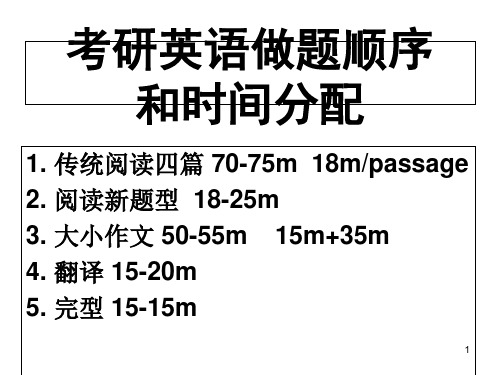
humans do. [D] Cooperation among monkeys remains stable
o汇: 1. a fat pay rise 涨得很高的工资 2. vanish (消失,不复存在)即van=empty空+ish形容词 后缀:倾向于。 The wonderful vanished into thin air.美梦化作泡影 3. colleague (同事,同僚) 即col=con共同+leag=leg选 +ue→共同被选出的。 David is a colleague of mine.戴维是我的同事 [辨] companion (同伴,共事者)即com一起+pan面包+ion→一 起吃面包→谋生的人。 A dog is a faithfull companyion. 狗是忠实的伙伴
2. The statement "it is all too monkey" (Last line, Paragraph 1) implies that
[A] monkeys are also outraged by slack rivals. [B] resenting unfairness is also monkeys' nature. [C] monkeys, like humans, tend to be jealous of each other. [D] no animals other than monkeys can develop such emotions.
The researchers suggest that capuchin monkeys, like humans, are guided by social emotions. In the wild, they are a co-operative, group-living species. Such cooperation is likely to be stable only when each animal feels it is not being cheated. Feelings of righteous indignation, it seems, are not the preserve of people alone. Refusing a lesser reward completely makes these feelings abundantly clear to other members of the group. However, whether such a sense of fairness evolved independently in capuchins and humans, or whether it stems from the common ancestor that the species had 35 million years ago, is, as yet, an unanswered question.





